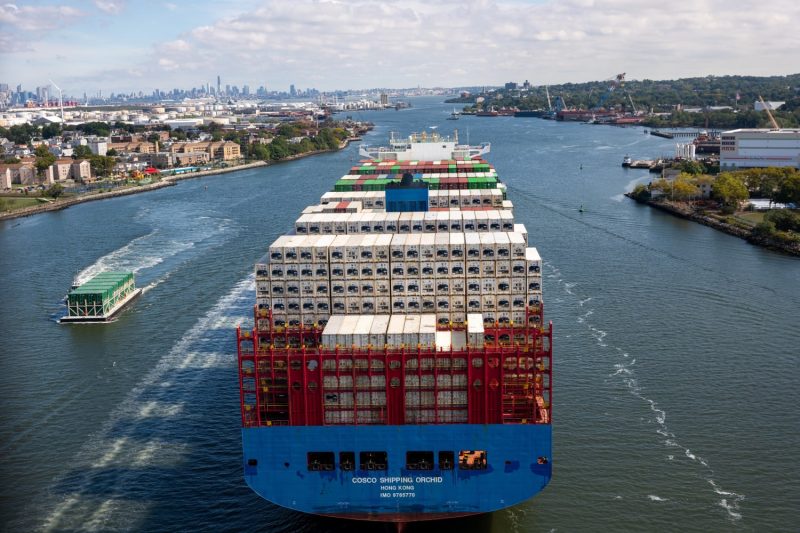In a recent turn of events that has sent shockwaves through the shipping industry, thousands of workers from East and Gulf Coast ports have initiated a widespread strike. The strike, which has paralyzed major ports along the coastlines, has brought shipping operations to a grinding halt, causing ripple effects throughout the supply chain.
The decision to strike comes as a culmination of long-standing grievances that workers have against their employers. At the core of their demands are fair wages, improved working conditions, and increased job security. For years, port workers have been grappling with low wages, precarious employment contracts, and inadequate safety measures, which have taken a toll on their well-being and livelihoods.
As the backbone of the global trade network, port workers play a crucial role in facilitating the movement of goods around the world. However, their essential contributions have often gone unrecognized and undervalued, leading to simmering discontent among the workforce. The strike, therefore, serves as a potent lever for workers to voice their concerns and demand meaningful change.
The impact of the strike is already being felt far and wide, with disruptions reverberating across industries that rely on the timely delivery of goods. Manufacturers, retailers, and logistics companies are facing delays in receiving essential supplies, causing production bottlenecks and logistical headaches. The financial implications of the strike are mounting rapidly, with losses accumulating by the day.
In response to the strike, port authorities and government agencies are scrambling to find a resolution that can address the workers’ demands while minimizing the disruption to trade. Negotiations between labor unions, management, and government representatives are underway, but reaching a consensus that satisfies all parties involved remains a formidable challenge.
The current standoff underscores the urgent need for a systemic overhaul of labor practices and regulations within the shipping industry. Ensuring fair wages, safe working conditions, and job security for port workers is not only a matter of social justice but also a prerequisite for maintaining the efficiency and stability of global supply chains.
In the midst of the ongoing strike, one thing is clear: the collective action of workers has the power to disrupt the status quo and catalyze meaningful change. As the strike enters a critical phase, the eyes of the world are on the East and Gulf Coast ports, where the fate of thousands of workers and the smooth functioning of the global economy hang in the balance. Only time will tell how this high-stakes standoff will unfold and what implications it will have for the future of labor relations in the shipping industry.

